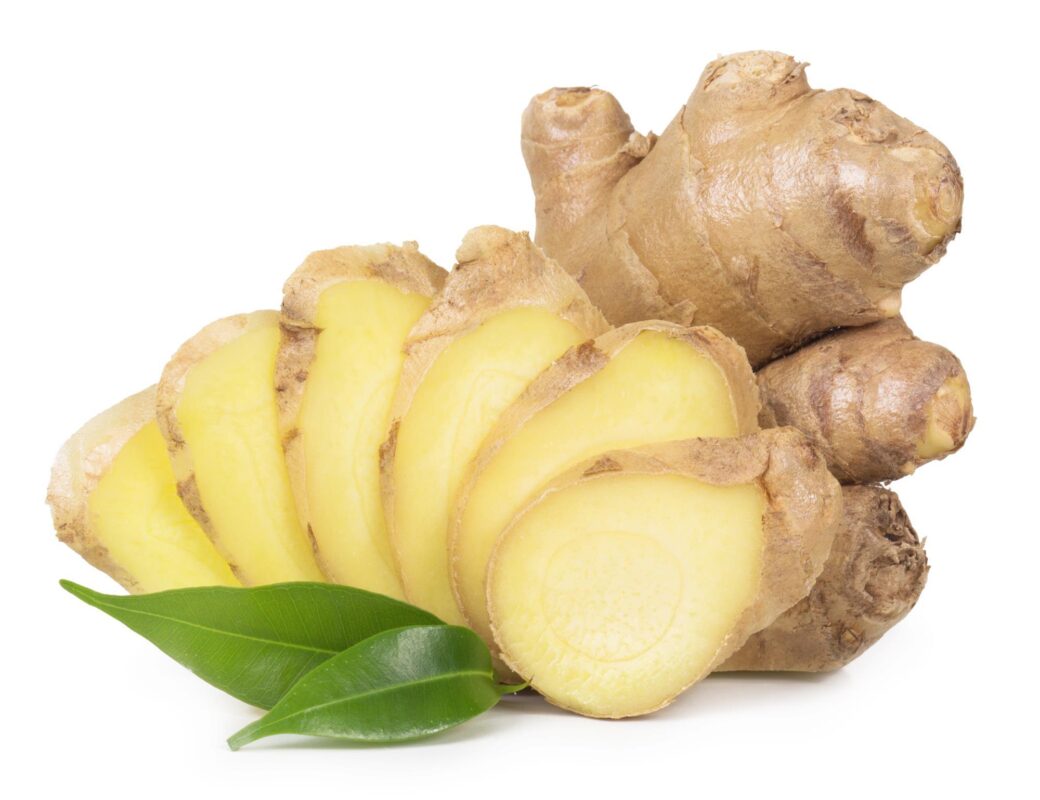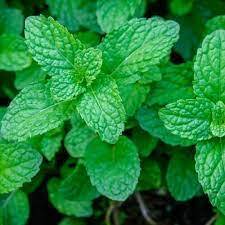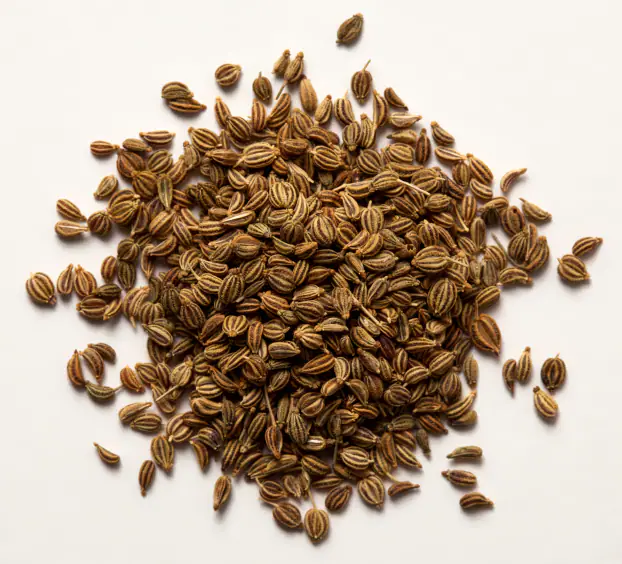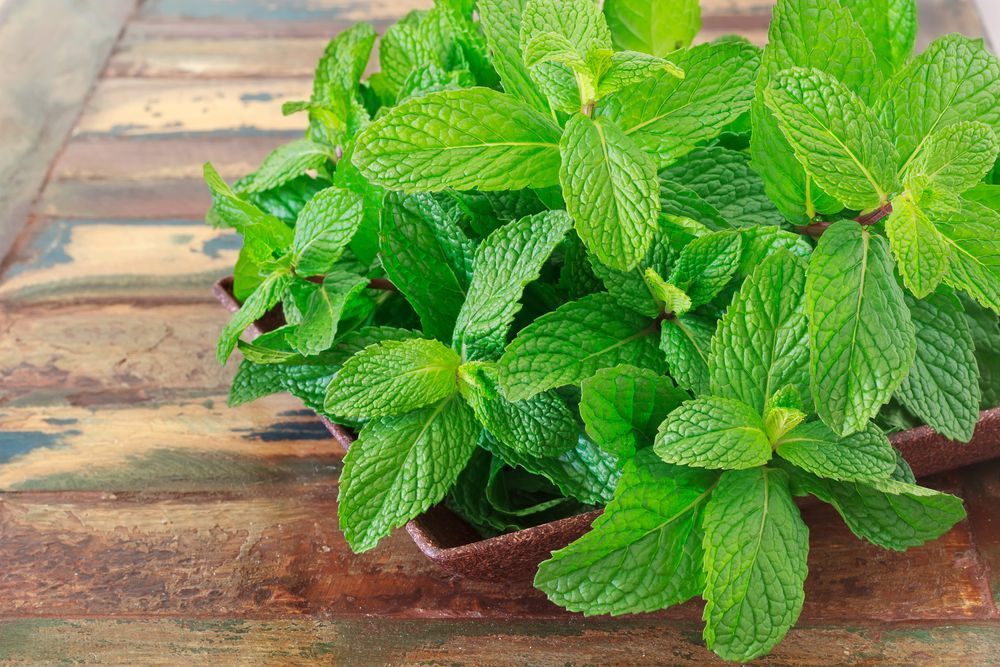Indigestion, belly ache, tummy ache, cramps, stomach pain, stomach ache, stomach upset, gastralgia, aching, dyspepsia, abdominal pain.
Root cause of Disease
Stomach aches often originate in the digestive tract, although they can also be due to disorders of the circulatory system, urinary tract, reproductive system, respiratory system, or body wall. Stomach pain can be caused by a wide variety of issues, from gas to more serious conditions like appendicitis or Crohn’s disease. Stomach pain is pain that occurs between the chest and pelvic regions. Stomach pain can be crampy, achy, dull, intermittent, or sharp. It’s also called abdominal pain. Abdominal pain has many potential causes. The most common causes — such as gas pains, indigestion or a pulled muscle — usually aren’t serious. Other conditions may require urgent medical attention.
Symptoms
Digestive tract symptoms that may occur along with a stomach ache:
- Abdominal pain or cramping
- Abdominal swelling, distension or bloating
- Belching
- Bloody stool (blood may be red, black, or tarry in texture)
- Changes in bowel movements
- Constipation
- Cramping
- Diarrhea
- Gas
- Indigestion
- Nausea with or without vomiting
- Urgent need to pass stool
Stomach aches may accompany symptoms related to other body systems including:
- Cough
- Enlarged liver and glands such as the spleen and lymph nodes
- Fever
- Pain during sexual intercourse
- Pain or burning with urination
- Pain, numbness or tingling
- Palpable mass in the abdomen or pelvic area
- Rash
- Unexplained weight loss
Serious symptoms that might indicate a life-threatening condition:
In some cases, a stomach ache may be a symptom of a life-threatening condition that should be immediately evaluated in an emergency setting. Seek immediate medical care if you, or someone you are with, have any of these life-threatening symptoms including:
- Bleeding while pregnant
- Change in level of consciousness or alertness such as passing out or unresponsiveness
- Chest pain, chest tightness, chest pressure, or palpitations
- High fever (higher than 101 degrees Fahrenheit)
- Inability to have bowel movements, especially if accompanied by vomiting
- Rapid heart rate (tachycardia)
- Respiratory or breathing problems such as shortness of breath, difficulty breathing, labored breathing, wheezing, not breathing, or choking
- Rigidity of the abdomen
- Severe abdominal pain or sharp abdominal pain that comes on suddenly
- Trauma to the abdomen, pelvis or testicles
- Vomiting blood, rectal bleeding, or bloody stool.
Causes
A stomach ache may be caused by conditions of the digestive tract including:
- Appendicitis
- Bacterial, parasitic or viral infection of the gastrointestinal tract
- Celiac disease (severe sensitivity to gluten from wheat and other grains that causes intestinal damage)
- Diverticulitis (inflammation of an abnormal pocket in the colon)
- Food intolerance such as lactose intolerance (inability to digest lactose, the sugar in dairy products)
- Gallbladder disease or stones
- Gastritis (inflammation of the stomach lining)
- Gastroesophageal reflux disease (GERD)
- Inflammatory bowel disease (includes Crohn’s disease, ulcerative colitis)
- Intestinal obstruction
- Irritable bowel syndrome (IBS; digestive discomfort that does not cause intestinal damage or serious disease)
- Liver disease, including hepatitis (inflammation of the liver)
- Pancreatitis (inflammation of the pancreas)
- Ulcers of the stomach or duodenum (first section of the small intestine)
Other causes of a stomach ache:
Stomach aches can also be caused by conditions involving other body systems including:
- Abdominal or hiatal hernia (weakening in the abdominal wall or diaphragm, through which internal organs can pass)
- Cancer of an abdominal or pelvic organ
- Endometriosis (condition where tissues resembling the uterine lining grow in other areas of the body)
- Kidney stones
- Menstrual cramps
- Pelvic inflammatory disease (PID; infection of a woman’s reproductive organs)
- Pleurisy (inflammation of the lining around the lungs)
- Pneumonia
- Shingles (painful, blistering rash, often forming a stripe, that results from a reactivation of the varicella-zoster, or chickenpox, virus)
- Urinary tract infection
Serious or life-threatening causes of stomach ache:
In some cases, stomach ache may be a symptom of a serious or life-threatening condition that should be immediately evaluated in an emergency setting. These include:
- Abdominal abscess
- Aneurysm of the abdominal aorta (life-threatening bulging and weakening of the wall of the abdominal aorta that can burst and cause severe hemorrhage)
- Appendicitis
- Bowel obstruction or perforation
- Chemical or heavy metal poisoning
- Colonic volvulus (twisting of the colon) or intussusception (telescoping of the intestines into themselves)
- Ectopic pregnancy (life-threatening pregnancy growing outside the uterus)
- Intestinal ischemia (loss of blood supply to the intestines leading to death of intestinal tissue)
- Peritonitis (infection of the lining that surrounds the abdomen)
- Significant abdominal, pelvic or testicular trauma
- Torsion of an ovary or testicle (twisting of the ovary or spermatic cord)
Home Remedies to treat Stomach Pain
Remedy -1: Ajwain
Materials used: Ajwain (Carom) seeds-వాము/Ajwain leaves.


Procedure:-
- Boil about a teaspoonful of Ajwain seeds in 1 cup (about 125 ml) of water for 5 minutes.
- Strain it through the tea strainer and
- Add a pinch of common salt/ sugar . Taking this solution helps to get rid of the pain.
Importance of Ajwain:
Ajwain is a good source of soluble dietary fiber, and it is known to enhance the digestive system for stomach issues, improving intestinal health. They also help in relieving the bloating. Ajwain seeds are beneficial in treating spasmodic pains, abdominal discomfort due to indigestion, heartburn, and loss of appetite.
Product Link: Ajwain
Remedy-2: Ginger Juice
Materials used: Clarified butter, Ginger, Water.


Procedure:
- Extract 1 teaspoonful juice of fresh ginger .
- Mix it with 1/2 a teaspoonful of clarified butter and
- Consuming this juice helps relieve abdominal pain instantly.
Importance of Ginger:
Eating ginger can cut down on fermentation, constipation and other causes of bloating and intestinal gas. Wear and tear on cells. Ginger contains antioxidants. These molecules help manage free radicals, which are compounds that can damage cells when their numbers grow too high.
Remedy-3: Mint Juice
Materials used: Mint leaves, Plain water.

Procedure:-
- Take fresh mint leaves
- Extract them to get about a teaspoonful of juice.
- Mix this juice in a cup of plain water and drink instantly.
- Though this mixture does not taste good, it gives instant relief.
Importance Of Mint:-
Mint leaves are known as an amazing appetizer. It helps to promote the digestive system by stimulating digestive enzymes. Mint oil has antiseptic and antibacterial properties to relieve indigestion, stomach infections, etc. It acts as an antispasmodic remedy due to the presence of methanol.
Product Link: Mint
Other Remedies
Apple cider vinegar:
Apple cider vinegar can help to improve digestion and reduce stomach pain. Mix a tablespoon of apple cider vinegar with a cup of warm water and drink it before meals.
Bananas:
Bananas are easy to digest and can help to soothe an upset stomach. Eat a ripe banana when you’re experiencing stomach pain.
Chamomile tea:
Chamomile tea has anti-inflammatory and anti-spasmodic properties that can help to ease stomach pain. Brew a cup of chamomile tea and sip it slowly.
Heat:
Applying heat to your stomach can help to relax the muscles and reduce pain. You can use a heating pad or take a warm bath.
Preventions
The following tips may help prevent stomach pain:
- Eating slower
- Eating less fatty or processed foods
- Identifying food intolerances and allergies
- Drinking more water
- Reducing stress
- Partaking in regular exercise
Certain foods make an upset stomach worse:
Some people with chronic stomach discomfort are more sensitive to certain foods:
Caffeinated sodas:
Soft drinks can worsen acid reflux symptoms due to caffeine content and carbonation.
Dairy:
Patients with lactose intolerance should avoid dairy products.
Spicy foods:
Too much spicy food can upset your stomach, leading to constipation or diarrhea.
Fried foods:
Fried foods are high in saturated fats, which take much longer to break down in the stomach and slow down digestion.
Alcohol:
Drinking an excessive amount of alcohol irritates your gut, which can cause stomach pain, nausea and vomiting.
Pain relievers:
Ibuprofen, aspirin and antibiotics can increase feelings of nausea.




